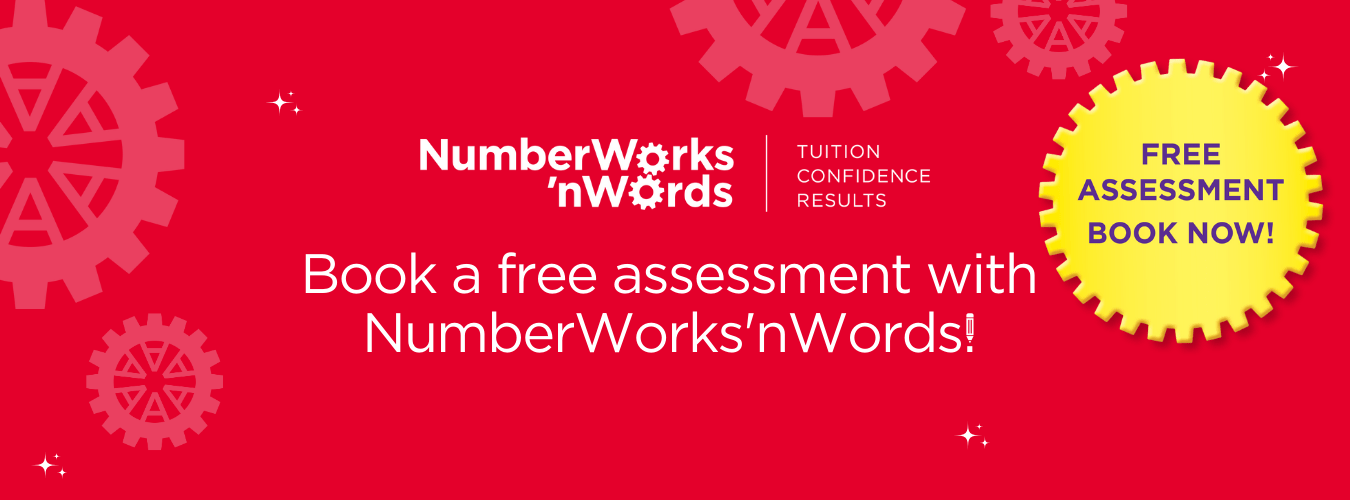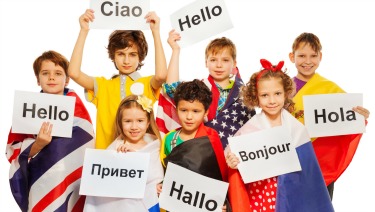Navigating the Digital Reading Landscape: Embracing the Evolution
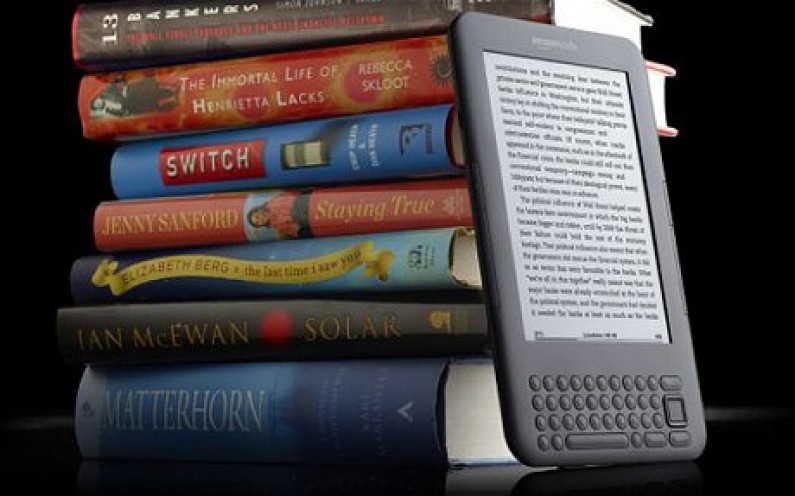
The digital age has completely transformed our reading habits, sparking a captivating debate between printed book enthusiasts and avid online readers.
In this blog post, we explore the ongoing discussion surrounding reading books versus reading online, delving into topics like reading comprehension, digital literacy, learning techniques, cognitive benefits, accessibility, and upcoming innovations. Our goal is to provide you with insights to support your child's flourishing reading journey in this digital era.
Is your child struggling to keep up with schoolwork? Are they falling behind? Are they bored in class? Or are you looking for extension work for your child? Check out our eBook to learn more about how we help your child improve academically and build confidence through our in-centre after-school tuition.
With the continuous rise of online reading, researchers, educators, and parents worldwide are scrutinising the subtle differences between reading in print and digital formats. Although initial research results were inconclusive, the relentless evolution of technology has progressively blurred the lines between these mediums.
E-readers such as Kindles have gained a loyal following due to their lightweight convenience and affordability. Nevertheless, die-hard traditionalists argue that the tactile pleasure of flipping through physical book pages is unmatched. As education increasingly depends on digital resources, concerns have arisen about potential declines in reading skills, especially for longer texts.
Reading Comprehension
Research has shed light on various factors that influence reading comprehension, emphasising the crucial role of text length, often favouring print due to its immersive qualities.
Additionally, the type of material and allocated reading time significantly impact comprehension. Surprisingly, amidst the digital era's rise, traditional paper-based reading has shown a growing advantage, contrary to initial expectations.
Recent studies comparing print books with digital platforms like Kindle have revealed subtle differences. While basic recall tests displayed minimal variation, print readers excelled in spatial and sequential recall of events in linear narratives. This superiority is attributed to the tactile nature of print, such as page-turning, and the mental placeholders created, aiding in deep reading.
However, technology's progress has bridged the gap between print and digital reading experiences. E-readers now replicate the tactile sensations of print, offering features like bookmarking and page-turning.
Moreover, multimedia integration in digital platforms enhances the reading experience, catering to diverse learning styles. Interactive elements, audiovisual content, and hyperlinks provide depth, making complex subjects accessible and enjoyable, particularly in educational contexts.
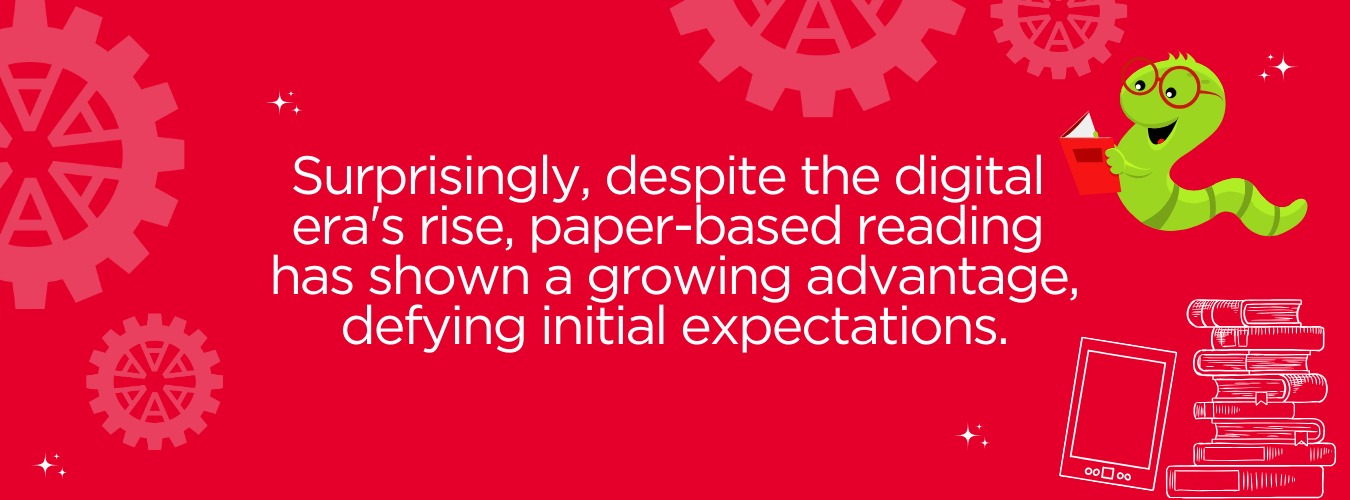
Literacy and Learning Strategies
In the ongoing debate between print and online reading, a crucial aspect to consider is the development of digital literacy skills. In today's technology-driven world, being proficient in navigating digital platforms, discerning credible information from online sources, and understanding various multimedia formats have become imperative.
Educational institutions are adjusting their curricula to incorporate digital literacy education, empowering students to critically evaluate online content. Mastering efficient use of search engines, fact-checking information, and critically analysing online articles are essential skills that bridge the gap between traditional reading and the digital landscape.
By refining these skills, readers can engage with a wider range of content while maintaining a discerning perspective, ensuring a comprehensive and well-informed reading experience.
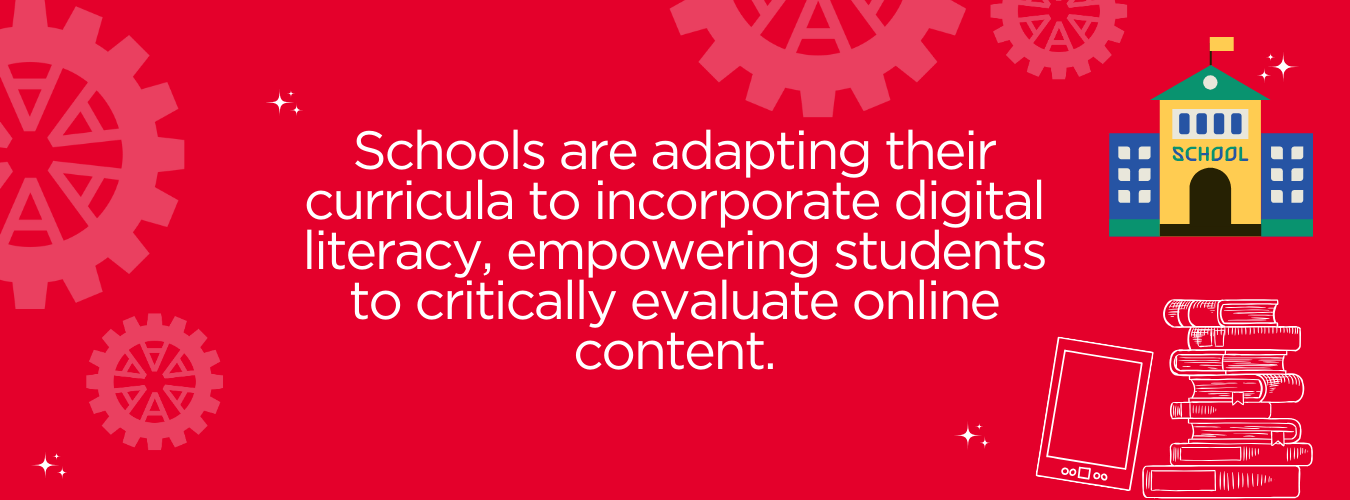
Digital Reading and Cognitive Benefits
Apart from the ongoing debate about formats, delving into the cognitive advantages of digital reading is crucial. Research suggests that digital reading can enhance critical thinking skills and boost information retention.
Interactive features in e-books, like clickable footnotes and multimedia annotations, foster active engagement, stimulating the reader's mind. Moreover, online platforms often nurture a sense of community through forums and discussion threads, allowing readers to exchange perspectives and engage in intellectual conversations.
These interactive elements not only enhance the reading experience but also foster cognitive development, encouraging readers to think critically, question assumptions, and analyse diverse viewpoints. As digital reading continues to evolve, comprehending its cognitive impacts is vital, offering valuable insights into how technology influences our intellectual abilities and cognitive processes.
Cultural Preservation and Accessible Reading
Digital platforms have played a pivotal role in preserving and granting access to cultural heritage and literature. Across the globe, libraries and museums are digitising rare manuscripts, historical documents, and artworks, making them accessible to a worldwide audience. Digital archives ensure the safeguarding of delicate, ancient texts for future generations, fostering cultural exchange and understanding.
Additionally, online reading platforms offer avenues for diverse voices to be heard. Authors from marginalised communities can publish their work digitally, reaching a wider readership and breaking down barriers in the literary world. This democratisation of literature promotes inclusivity, enabling readers to explore perspectives and narratives they might not encounter in traditional print media.
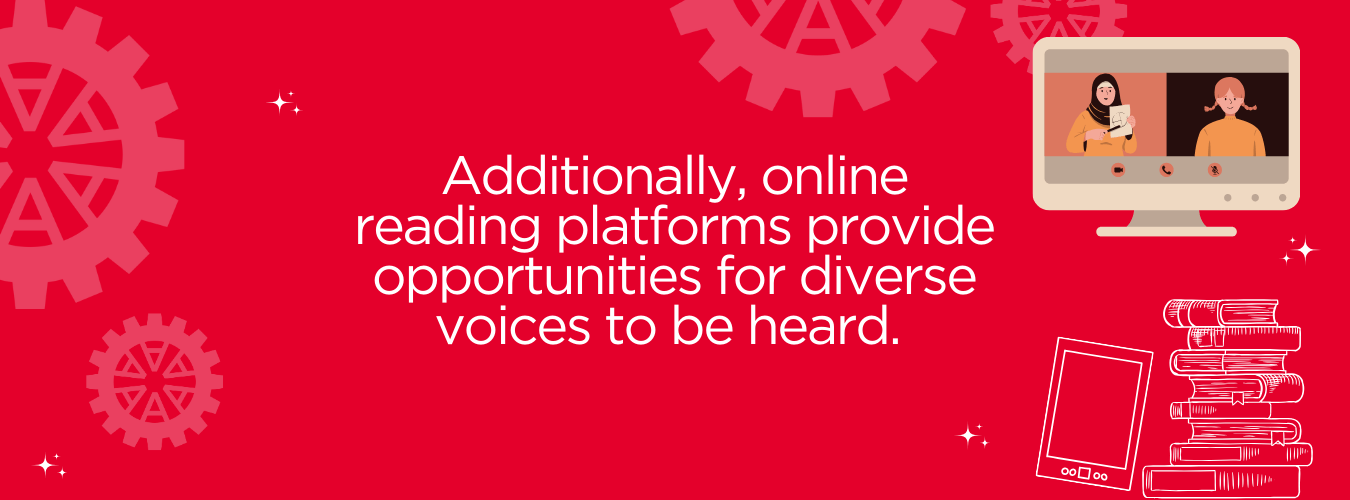
Future Innovations and Augmented Reading Experiences
Looking ahead, advancements in technology are set to usher in exciting innovations in the realm of reading. Augmented reality (AR) and virtual reality (VR) applications are being developed to create immersive reading experiences. Picture delving into a historical novel and virtually stepping into its setting or exploring intricate scientific concepts through interactive simulations.
AR and VR have the potential to revolutionise education by providing interactive, three-dimensional learning environments. Moreover, artificial intelligence (AI) algorithms are being employed to personalise reading recommendations, tailoring reading lists to individual preferences and fostering a deeper connection with literature.
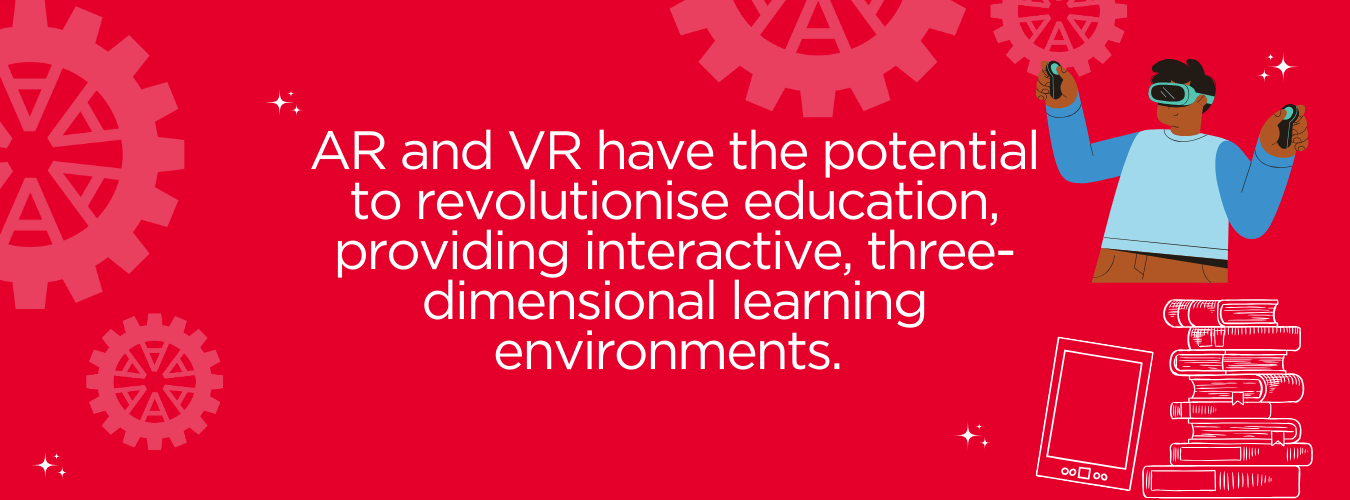
As these innovations continue to unfold, the line between print and online reading will further blur, offering readers unparalleled opportunities for exploration, education, and entertainment in the digital age.
In this ever-evolving landscape, readers are poised to benefit from a variety of formats, each with unique advantages. Embracing the digital reading revolution means not just adapting to change but also welcoming a future where literature, knowledge, and cultural experiences are more accessible and diverse than ever before.
In light of the evolving relationship between print and online reading, our individualised tutoring approach at NumberWorks’nWords serves as a guiding beacon for young learners. We understand the importance of adapting to the digital age while fostering a deep appreciation for traditional literary forms.
To learn more about our tutoring programmes tailored to meet the needs of each child, book a free assessment or contact your local centre.
